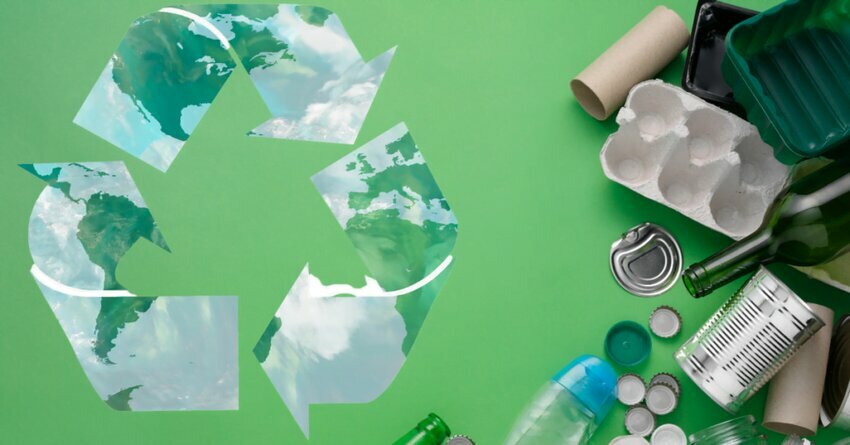 (Credit: Canva Pro)
(Credit: Canva Pro)A new study from The Recycling Partnership has revealed that states can anticipate substantial increases in recycling rates for packaging and printed paper with the implementation of Extended Producer Responsibility (EPR) programs. The study, titled "Increasing Recycling Rates with EPR Policy," analyzed the impact of EPR programs in seven jurisdictions globally and in six US states to assess its effect on recycling rates and other crucial metrics.
The findings indicate that the implementation of EPR policy has driven the collection and recycling of target materials to over 75% in countries such as Belgium, British Columbia, the Netherlands, South Korea, Spain, and others. In contrast, US state programs performed far lower, with recycling rates of target materials falling below 60%. The Recycling Partnership's CEO, Keefe Harrison, highlights "the lack of sustainable funding" as one of the major challenges facing US residential recycling systems.
Under EPR policy, companies that produce packaging materials are obligated to fund local recycling programs through fees, reducing the financial burden on local governments and taxpayers. Moreover, these fees incentivize companies to make packaging materials more recyclable and increase the use of recycled content. Four US states (California, Colorado, Maine, and Oregon) have already adopted EPR legislation, with several others currently considering the programs.
The study provides in-depth insights into the impacts of EPR programs for printed paper and packaging and its prospective effects on a sample of US states. The research demonstrates that the implementation of EPR programs in US states could:
According to Dylan de Thomas, VP of Public Policy & Government Affairs at The Recycling Partnership, EPR has the potential to "close gaps in recycling rates for all materials, create jobs, reduce greenhouse gas emissions, and deliver even more benefits to support people and planet." He added that the US now needs to apply the learnings from this research. The Recycling Partnership's study demonstrates ways to implement EPR policy as a means of boosting recycling rates, creating universal recycling access, and achieving a circular economy.